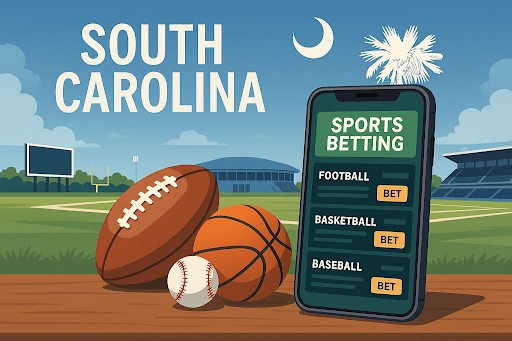Building your credit while already managing debt may feel like trying to climb uphill with a heavy backpack. But it doesn’t have to be overwhelming. With some patience, strategic choices, and small steps, it’s entirely possible to improve your score, even while dealing with debt. This guide will walk you through how to build your credit without letting existing debt hold you back.
Understanding the Link Between Debt and Credit
Your score is essentially a reflection of how well you manage your debt. That’s why things like paying on time, keeping your balances low, and not overextending yourself are so important. Financial institutions like Innovation Credit Union can offer helpful tools and services to assist with managing your finances responsibly.
When you manage debt responsibly, your score improves. However, if you’re struggling to keep up with payments, your score can quickly drop.
What Factors Impact Your Score?
- Payment History (35%) – Do you pay your bills on time?
- Utilization (30%) – How much of your available credit are you using?
- Length of Credit History (15%) – How long have you had credit?
- Types of Credit (10%) – Do you have a mix of credit, like loans and credit cards?
- New Credit (10%) – How often are you applying for new credit?
Start With a Debt Repayment Plan
The first step you should take is to confront your debt directly. It’s easy to ignore it, but putting it off will only make things worse in the long run. Having a structured plan to tackle your existing debt is key to managing it without drowning.
Snowball vs. Avalanche Method: Which Works for You?
When it comes to tackling debt, two standout strategies often take the spotlight: the snowball method and the avalanche method.
- Snowball Method: This method focuses on paying off your smallest debt first, while still making the minimum payments on your other debts. Once you pay off that debt, you move on to the next smallest one and keep repeating this process.
- Avalanche Method: You target the debt with the highest interest rate first while making minimum payments on others. Once that high-interest debt is gone, you move to the next highest. This method saves you more money in the long run because it reduces the amount of interest you’re paying.
Set Up Automated Payments
By setting up automatic payments for at least the minimum due, you can avoid late fees and improve your score. Even if you’re unable to pay the entire balance every month, always make sure to make at least the minimum payment. Every on-time payment is a positive mark on your report.
Focus on Credit Utilization
One of the most significant factors affecting your score is your credit utilization ratio, or the amount you’re using compared to your limit. Ideally, you want to keep this ratio below 30%.
Let’s say you have a card with a $1,000 limit. If you have a balance of $900, your utilization rate stands at 90%, which can significantly damage your score. Try to lower the amount you use as much as you can.
Pay Off Small Balances First
If you have several cards with small balances, prioritize paying them off. This can improve your utilization ratio and give your score a quick boost.
Consider a Secured Credit Card
If your score is already suffering because of existing debt, it might be tough to get approved for a traditional credit card. That’s where a secured card can help.
Secured cards require a cash deposit upfront, which acts as your limit. For example, if you put down $500, that’s how much you can charge on the card. The goal here is to use the card for small, manageable expenses—like groceries or gas—and then pay it off in full every month.
Regularly Monitor
You can’t improve your score if you don’t know what’s on your report. Regularly checking your report helps you track your progress and spot any errors that might be dragging down your score.
Get Your Free Report
You can obtain one free report from each of the three major credit bureaus annually. Take advantage of this. Stagger them so you’re reviewing your report every few months, not just once a year. If you find any errors—like accounts you don’t recognize or late payments that you know you made on time—dispute them right away. These mistakes can drag down your score unfairly.
Stay Patient and Consistent
Improving your score while managing debt isn’t something that happens overnight, and that’s okay. The key is to stick to your plan, make payments on time, and take small, consistent steps toward your goal. Celebrate the small wins—like paying off a credit card or seeing your score rise by a few points. Remember that every positive action you take brings you closer to financial stability.

























